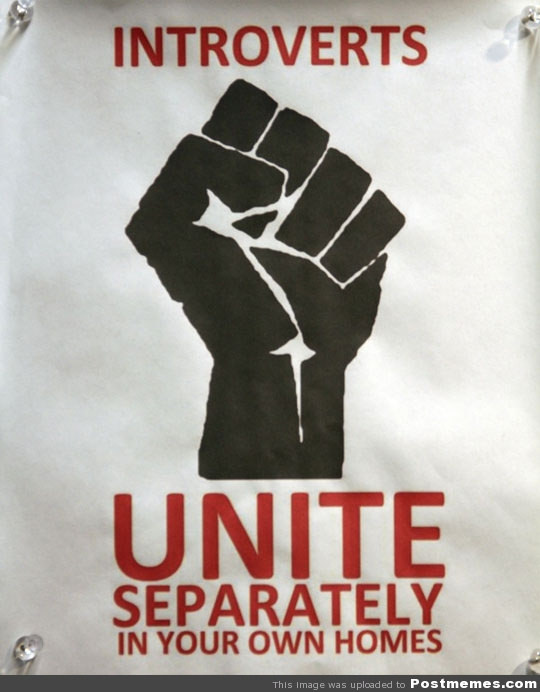 Sure, they may not be the first to raise their hands, they may sit in the back row, and they may be the quietest in the office, but introverts are the power brokers of careers.
Sure, they may not be the first to raise their hands, they may sit in the back row, and they may be the quietest in the office, but introverts are the power brokers of careers.
According to researchers at Oregon State University (OSU), the University of Florida, and the University of Notre Dame, introverts are more likely to give extroverts low evaluations for job performances.
“The magnitude with which introverts underrated performance of extroverts was surprising,” said Keith Leavitt, an assistant professor in OSU’s College of Business and a co-author of the studies. “The results were very consistent across both studies.”
The studies provide an understanding on the role of personality in the workplace, where co-workers often have influence on one another’s careers.
“That gives employees a tremendous amount of power to influence their peers’ career opportunities,” Leavitt said. “It’s something individuals and employers should be aware of.”
In one study, the researchers had 178 MBA students assigned to four- or five-person project teams for a semester. Halfway through the term, the participants filled out questionnaires about team members, processes, and their own personalities.
The researchers found that introverts rated the performance of other introverts higher than extroverts. However, extroverts were not swayed by the personalities of team members in their performance reviews.
A second study showed similar results.
“We found that introverted employees are especially sensitive to their co-workers’ interpersonal traits, in particular extraversion and disagreeableness,” Leavitt said. “They make judgments and evaluate performance of others with those traits in mind.”
Leavitt suggests that extroverts tone it down when interacting with introverts, and managers should consider that personality traits can greatly affect performance evaluations. Also, supervisors should think twice about forcing interaction among extroverts and introverts in the workplace.
(photo credit: Postmemes.com via photopin cc)
